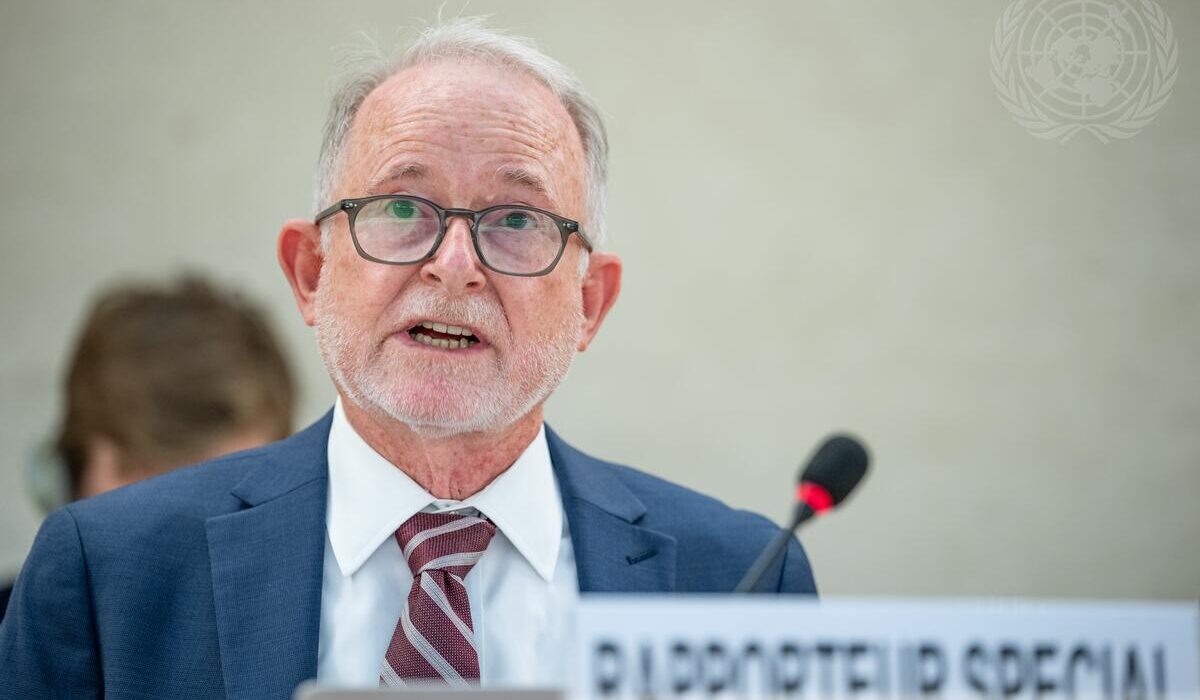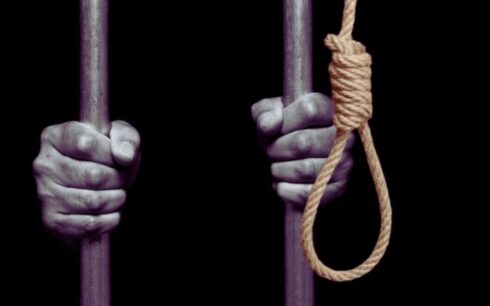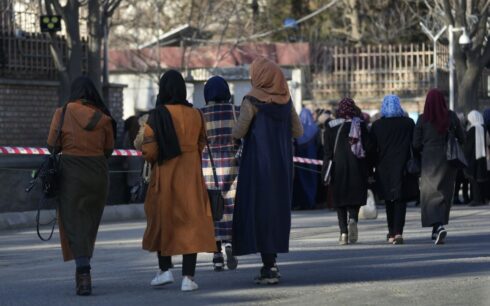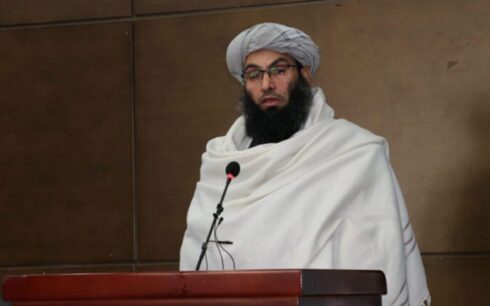The United Nations special rapporteur for Afghanistan, Richard Bennett, said the Taliban have “seriously oppressed” women and girls, imposing sweeping restrictions in the name of Islamic law that many Afghans and Muslim scholars reject.
Speaking on the Global Insight podcast of the International Bar Association, Bennett said the Taliban’s return to power marked a “massive change” in the rule of law in Afghanistan. “After they took over, they closed schools for girls and later shut universities to women,” he said. “They imposed oppressive requirements on women and girls in the name of Islamic Shariah, which many other Afghans and non-Afghan Muslims disagree with.”
Bennett noted that the concept of “gender apartheid” was first invoked by Afghan women in the 1990s to describe the systemic exclusion they faced. “They felt that this term best captured their experience — because it is powerful,” he said.
Since seizing power in August 2021, the Taliban have issued more than 100 decrees restricting the rights of women and girls, according to human rights organizations. These include bans on education beyond the sixth grade, employment in many sectors, and travel without a male guardian.
In January 2025, the International Criminal Court announced it was seeking arrest warrants for senior Taliban officials on charges of gender-based persecution. In response, the Taliban condemned the move as politically motivated and withdrew Afghanistan’s membership from the court.
Bennett said the Taliban have rejected his reports and ultimately barred him from visiting the country. Nonetheless, he emphasized that he continues to document human rights violations through remote interviews and independent investigations.





